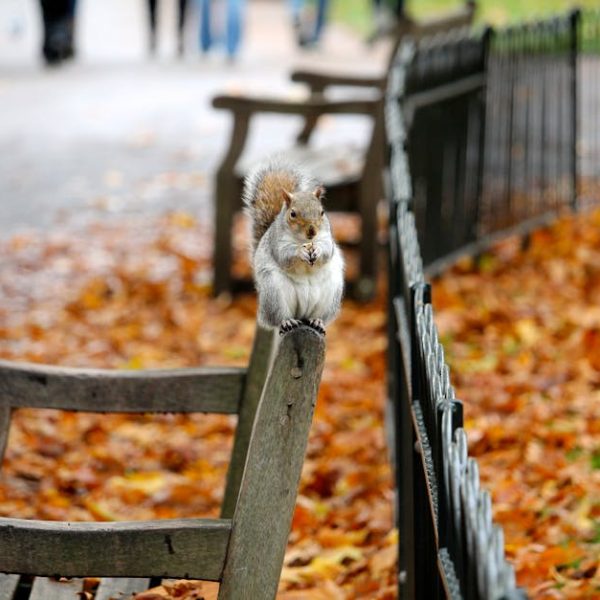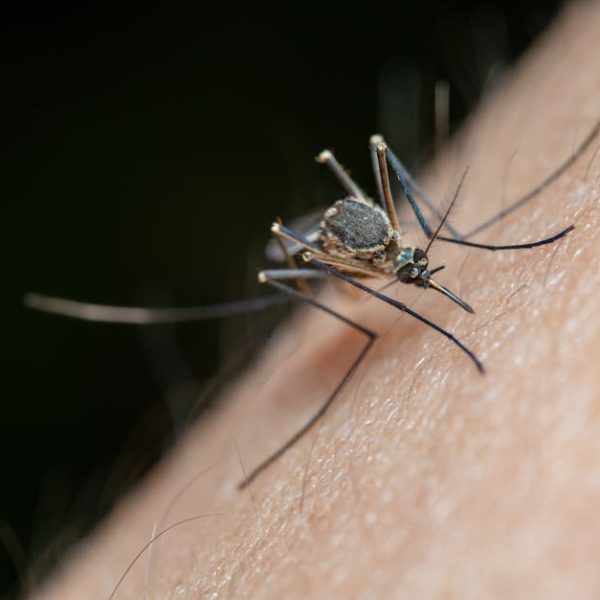Developing a thriving garden often requires more than just a green thumb. Experienced gardeners know that planting in harmony with nature and fostering beneficial relationships between plants can have sizable effects on the health and yield of their garden. This is where companion planting comes into play. When it comes to Brussels sprouts, this biodiverse tactic can significantly improve their resilience and productivity.
Concept of Companion Planting
Companion planting is an ancient gardening technique that leverages the natural strengths and weaknesses of different plant species for mutual benefit. This method allows plants to support each other, improving the overall synergy and vitality within your garden. Particularly for Brussels sprouts, companion planting can aid in pest control, minimize disease, enhance nutrient uptake and help with other growing necessities.
The principle of companion planting is rooted in the understanding that every plant has its unique requirements and effects on the surrounding environment. When these variables coalesce beneficially, the supportive relationship can boost overall productivity and quality of your crop. For instance, some plants deter pests that other plants attract, while some help improve soil nutrition, which others might deplete.
Key aspects of companion planting:
- Pest control: Some plants emit chemical substances which deter pests.
- Nutrient enhancement: Certain plants improve soil nutrients that are essential for other plants.
- Optical effects: Certain plants can either provide shade or act as ground cover for other plants.
Understanding Brussels Sprouts
Brussels sprouts, a member of the Brassica family, are cool-season crops often grown for their nutritious mini cabbage-like buds. They are rich in vitamins K and C and filled with dietary fiber, making them a nutritious addition to your garden and diet.
Brussels sprouts require full sun and well-drained, fertile soil with a pH of 6.5-7.5 for optimal growth. They are often troubled by pests like aphids, caterpillars, and cabbage worms, which can drastically reduce yield if not managed effectively. Conversely, these characteristics make Brussels sprouts prime candidates for companion planting, as surrounding them with beneficial plants can mitigate these challenges.
Brussels sprouts gardening attributes:
- They prefer cool weather and full sunlight.
- Brussels sprouts require rich, well-drained soil with neutral pH.
- Common pests include aphids and caterpillars.
Best Companion Plants for Brussels Sprouts
Specific plants have been found to complement Brussels sprouts notably well due to their either repellent properties or abilities to enhance soil nutrients.
Dill and sage are effective herb companions for Brussels sprouts, mainly for their repellant properties against pests like cabbage worms and aphids. Beetroot can also prove beneficial, improving the soil’s mineral content, which Brussels sprouts are known to deplete. Other good companions include celery and onions, notorious for their strong scents deterring pests.
Comparison of companion plants:
| Companion Plant | Benefits to Brussels Sprouts | Planting Instructions |
|---|
| —— | —— | —— |
|---|
| Dill | Deters cabbage worms and aphids | Plant near Brussels sprouts as deterrents against pests |
|---|
| Sage | Repels cabbage moths and aphids | Intersperse sage in your Brussels sprouts patch |
|---|
| Beetroot | Enhances soil nutrients | Sow beets around your Brussels sprouts |
|---|
| Celery | Distracts pests away from Brussels sprouts | Plant celery nearby Brussels sprouts |
|---|
| Onions | Deters pests with their strong scent | Plant onions in close proximity to Brussels sprouts |
|---|
Remember, it’s not just about understanding which plants are good companions, but also why. When planning your garden, consider the needs and benefits of each plant to createa thriving ecosystem.
Plants to Avoid Planting with Brussels Sprouts
Just as there are plants which exhibit symbiotic relationships with Brussels sprouts, there are others that can hinder their growth and productivity. These plants are either in direct competition for the same nutrients, attract harmful pests, or adversely affect the soil pH, significantly impairing the growing conditions for Brussels sprouts.
Strawberries and tomatoes, for instance, compete for the same nutrients and can inhibit the sprouts’ growth. Pole beans, another nutrient competitor, can also stunt the growth of your sprouts. Similarly, mustards attract pests that cause harm to Brussels sprouts.
Plants that adversely affect Brussels sprouts:
- Strawberries: Compete for nutrients
- Tomatoes: Compete for nutrients
- Pole beans: Compete for nutrients and affect soil pH
- Mustards: Attract harmful pests
Practical Tips for Successful Companion Planting with Brussels Sprouts
Companion planting isn’t an exact science, but rather an art that depends largely on observation and understanding of your plants and their needs. Below are some tangible tips on how to use this gardening method effectively with Brussels sprouts.
Start by carefully planning your garden layout before planting. Factor in the size, growth pattern, and needs of each plant to ensure compatibility. Rotate plants yearly to prevent depletion of soil nutrients and build-up of pests and diseases.
Monitor your plants regularly for any signs of disease or pest infestations. This helps in timely intervention and effective disease management.
Keep your garden clean by removing any dead or diseased plant materials. This reduces the chances of disease spread or pest upsurge.
Pro Tips:
- Plan and design your garden layout considering the size, growth pattern, and needs of each plant
- Rotate crops every year to prevent soil nutrient depletion and build-up of pests and diseases
- Monitor your plants regularly for early identification of any issues and timely intervention
- Ensure to keep your garden clean by getting rid of dead or diseased plant materials
Remember, the goal of companion planting is to create a diverse and mutually beneficial plant environment that fosters healthy growth and higher yields. With patience and practice, you can tap into the power of companion planting to get more out of your Brussels sprouts garden!
Key Takeaway:
- Companion planting is a beneficial gardening technique that can specifically improve the productivity and health of Brussels sprouts through pest control, disease minimization, and nutrient enhancement.
- Certain plants, such as dill, sage, beetroot, celery, and onions, can serve as effective companions for Brussels sprouts due to their pest-repelling properties or ability to enhance soil’s nutrient content.
- It’s equally important to avoid planting Brussels sprouts with certain plants like strawberries, tomatoes, pole beans, and mustards, which compete for nutrients or attract harmful pests.
- For successful companion planting, gardeners should carefully plan their garden layout, regularly monitor plants for diseases or pests, rotate crops yearly, and keep the garden clean.
In conclusion, companion planting is a holistic and organic gardening approach that offers tremendous benefits. It not only maximizes yields from Brussels sprouts gardens, but it also creates a biodiverse and healthier environment for all plants involved. Stay patient, keep experimenting, and you’ll soon see the ecological harmony work its magic in your garden!
FAQs
Q: Can companion planting work for vegetables other than Brussels sprouts?
A: Absolutely! Companion planting can be implemented with various vegetables and herbs. Each plant has potential beneficial companions that can enhance its growth and protect it against pests.
Q: How soon can I expect to see the results of companion planting in my Brussels sprouts garden?
A: While the results may vary based on several factors, generally, you can start noticing the benefits of companion planting within a growing season.
Q: Can companion planting with Brussels sprouts help with any other challenges apart from pest control?
A: Yes! Besides aiding with pest control, companion planting can also help with nutrient cycling, pollination, and providing habitats for beneficial insects.
Q: How should I manage pest infestation if it still occurs despite companion planting?
A: If pest infestation occurs, you may need to manually remove the pests or use organic control methods. Regular monitoring and early intervention are key in managing pests effectively.
Q: Should I implement companion planting in my Brussels sprouts garden if I’m a beginner gardener?
A: Absolutely, while companion planting is a technique that can require some learning and experimentation, it’s a wonderful practice to help boost the health and yield of your garden.
Please feel free to share this article with other gardening enthusiasts. Browse through our website for more insightful articles on plant care and gardening tips!






